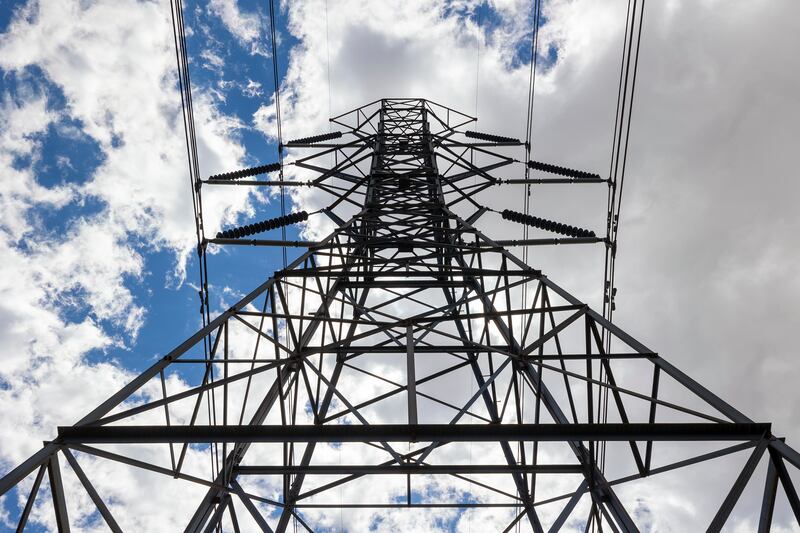WalletHub graded the continental U.S. states according to their home and auto energy efficiency.
Utah ranked first overall in home efficiency, but 17th in auto efficiency. The Beehive State ranked fourth overall out of 48 states, since the list didn’t include Alaska or Hawaii. The others in the top 5 were Massachusetts at No. 1, then New York and Rhode Island. Vermont ranked fifth.
Find out other states’ rankings here.
What does energy efficiency mean?
Energy efficiency comes down to the amount of energy that an appliance loses between the energy it initially takes to run and its output, per Planete Energies. If the usable energy, or the output, is significantly lower than what was put in, the efficiency is low. If the opposite occurs and the output is closer to the energy put in, it’s considered energy efficient.
How to make a home more energy efficient:
Experts told WalletHub that making your home more energy efficient doesn’t have to be expensive and can result from simple habit changes.
Dan Ervin, a professor of finance at Salisbury University, said that more insulation or caulking is a great choice to close holes that could allow warm or cold air to leave the home.
“The first step towards an energy-efficient home is to ensure your home is properly insulated,” Ervin said.
Auriane Koster, a senior sustainability manager at Fusebox, said that it’s as simple as unplugging appliances that aren’t in use. Turning your thermostat down just two degrees in the winter or up two degrees in the summer can save energy.
How to make a car more energy efficient:
In Canada, the federal government suggests that cars should avoid accelerating or breaking quickly, so maintain a steady speed and anticipate traffic to avoid idling.
By keeping tires at the proper air pressure, having oil changes and keeping the engine tuned, Pennsylvania State University states that the car’s miles per gallon, or fuel efficiency, increases and can help save consumers hundreds of dollars a year. This is especially critical during inflation, university experts said.
How does the Inflation Reduction Act affect energy efficiency?
The Inflation Reduction Act, signed into law in Aug. 2022 by the Biden administration, also put into effect a plan that makes purchasing energy-efficient products for the home easier. By helping families save up to 30% on products such as modifying windows, doors and insulation to prevent air from escaping the home, households can save up to $1,000 dollars. Even solar panels and roofs are included in the plan.
In 2022, the U.S. Energy Information Administration expects that 22% of all power generated in the United States will come from renewable sources, which is 2% more than in 2021 and well on the way to the expected 4% — reported by Deseret News — in 2030.


